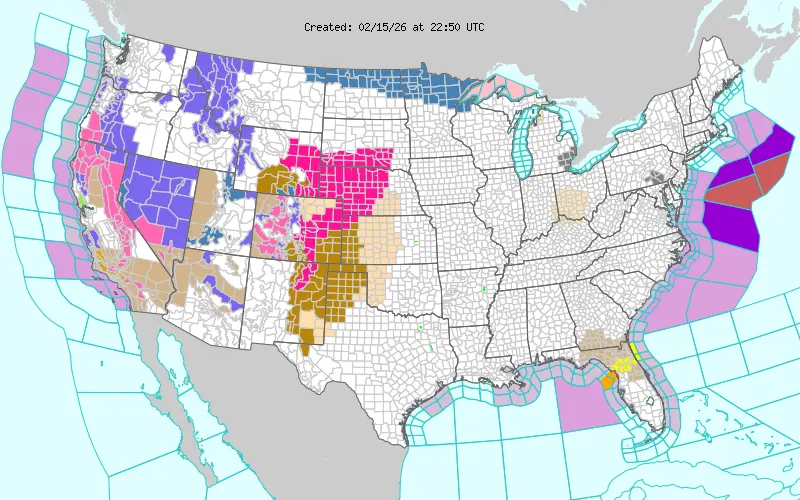SINGAPORE—Burmese leader Aung San Suu Kyi on Tuesday defended her government’s actions in Rakhine state, where about 700,000 Rohingya fled from a brutal counterinsurgency campaign to neighboring Bangladesh. She said terrorism, not social discrimination or inequality, triggered the crisis.
Suu Kyi made the comments in a lecture in Singapore in which she reviewed her two years in power.




